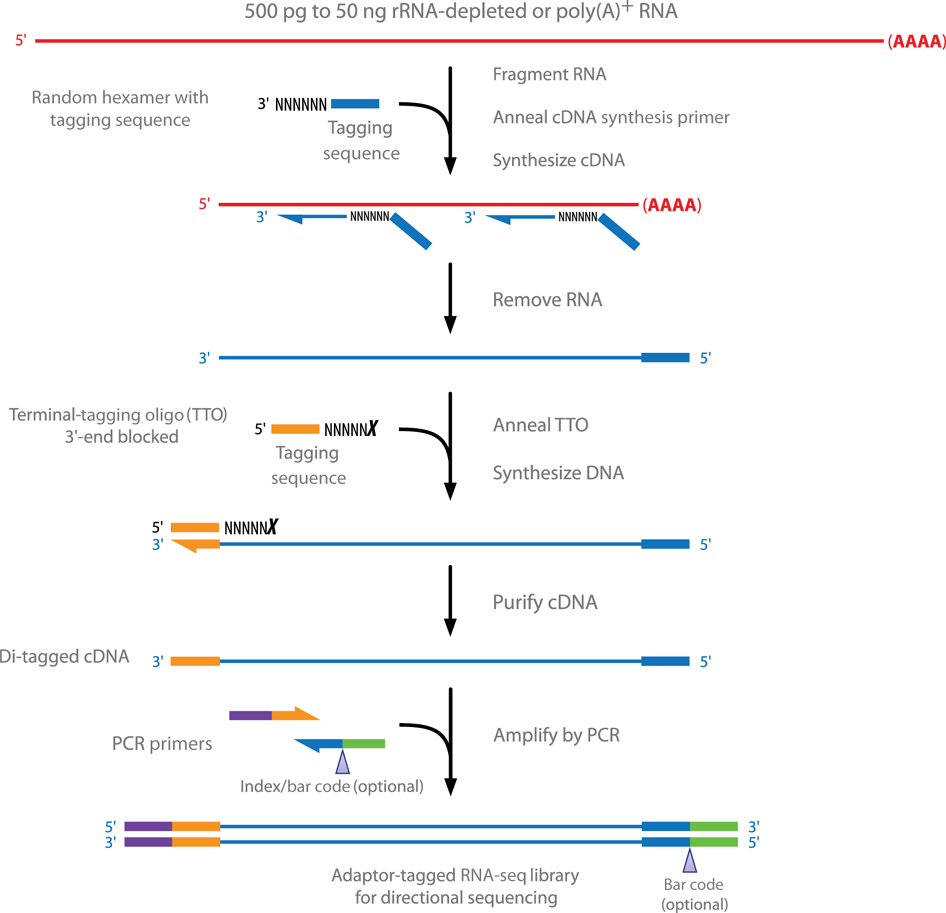Her eyes widened. “You only have three more weeks?” Ling remarked. I smiled, expecting an exclamation of how she would miss me around the lab. “Could you organize my freezer before you leave?” And the running lab joke continues…
I’m halfway through my internship with the Center for Cancer Genome Discovery and I have successfully cataloged and reorganized six freezers and three fridges. It may sound like menial work, but as my dad says: do what you do best. I am certainly the best cold appliance inventory collector that I know, and clearly my reputation is spreading.
But it hasn’t been all fun and games here at CCGD. Having passed my learning curve of last summer that included understanding just how Illumina sequencing works (you can find a short introduction here), I have been given many more responsibilities, especially under our research and development group leader, Ling Lin. Part of my training has been helping Ling with a few trouble shooting experiments including analyzing different concentrations of adapter sequences, testing the viability of certain index plates and comparing the effectiveness of different buffers.
Although I am only halfway through my internship, I have reached four out of my five goals for the summer. I have memorized and can explain our workflow, I am now performing DNA fragmentation, PicoGreen, Spri Clean-up, Library Preparation, qPCR, and bioanalyzing on my own, independent of a supervisor. I have now been tasked with qPCRing and PicoGreening collaborator projects to lessen the log of samples needed to be quantified by our laboratory technicians. In addition to obtaining greater “bench” responsibilities, I am now using our Laboratory Information Management System (LIMS) to input data and analyze results. LIMS is a fairly new software system our lab uses to quickly amass all of the data obtained from individual protocols.

I am a Political Economy major working in a genetic sequencing laboratory and I am often questioned as to how I plan to use my interest in politics, economics, and science to find a career. My answer to that question is that I will not find a career with my interdisciplinary interests; I will create one. Today, I had the opportunity to speak with Dr. Hilary W. Eaton, a technology transfer specialist at the Dana-Farber Office of Research and Technology Ventures (ORTV). ORTV facilitates the transfer of inventions from the lab to the clinical arena through collaborations with patenting offices and companies. ORTV is a classic example of how science, politics, and economics are dependent on one another.
Dr. Eaton explained that as science ventures become more expensive to fund, the government has less power to fund and patent new technologies and medicines. As a result of the Bayh-Dole Act of 1980, government funded institutions have the right to obtain their own patents for technologies. This ensures that patents will be speedily issued and new technologies will be available to the public in a timely manner. In turn, companies have decided to downsize their research and development departments and obtain licenses from labs that could use the extra funding and in need of the resources of companies to commercialize their products. Without the help of for-profit companies, many life saving drugs could not become available to the public. Dr. Eaton and the ORTV negotiate between the inventors at Dana-Farber, the companies interested in commercializing new technologies, and the patent offices that protect the work of both parties. ORTV must be able to understand the science behind the technologies and the rules of the business and law world to ensure that patents and licenses are issued quickly and efficiently in order for the general public to benefit from these new inventions. Currently, the patent office is working on technology that could trigger the human immune system to attack cancer cells rather than using artificial medicines to kill these cells.
My trip to ORTV reinvigorated my certainty that I was meant to pursue an interdisciplinary career. Dr. Eaton has her Ph.D. in Molecular Cancer Biology and her colleagues have degrees in many areas including business and law. Science, economics, and politics are no longer exclusive fields and I can’t wait to become someone who can bridge the gap between the three.
Until then, you can call me if you need any freezer reorganization.
